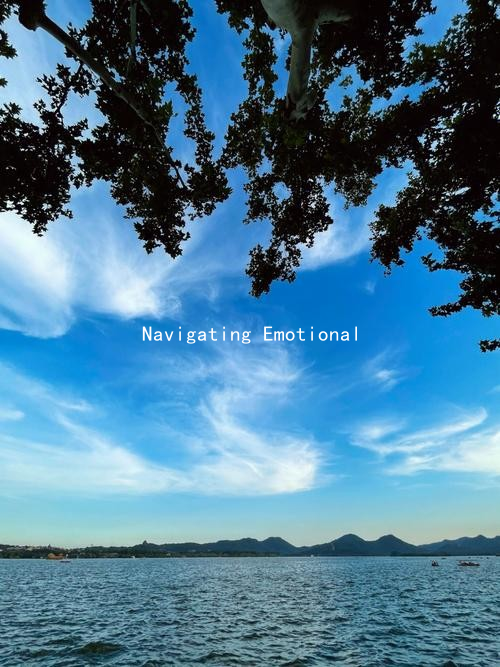Exploring Eros: Philosophical Insights into Passion and Partnership
Exploring Eros: Philosophical Insights into Passion and Partnership
In the intricate tapestry of human relationships, the threads of passion and partnership are woven together to create the fabric of love. Understanding the nature of romantic relationships, often encapsulated in the concept of Eros, involves not just the examination of desire, but also the philosophical insights that can guide us in nurturing connections. This article explores the dynamics of passion and partnership, offering both practical tips and philosophical reflections for building and maintaining healthy romantic relationships.
At the heart of Eros is desire, an intrinsic human emotion characterized by longing and attraction. However, passion alone is insufficient for a sustained relationship. Philosophers like Plato considered Eros as a driving force that prompts individuals to seek beauty, truth, and deeper connections. In modern terms, this pursuit of beauty can translate into an appreciation for one’s partner, recognizing their unique qualities and nurturing admiration.
To begin fostering a deeper connection, couples should practice active listening. This means more than just hearing words; it encompasses understanding the emotions behind them. Engaging fully with a partner’s thoughts and feelings can cultivate an environment of safety and openness, where both individuals feel seen and valued. As Simone de Beauvoir suggests, authenticity in relationships fosters genuine connections that surpass superficial encounters.
Moreover, a balance between independence and togetherness is crucial for a thriving romantic partnership. While Eros can spark intense connection, maintaining individuality within the relationship allows both partners to grow. The philosopher Søren Kierkegaard emphasized the importance of personal existence—each partner should have spaces that are truly their own, fostering personal growth that ultimately enriches the relationship. Encouraging hobbies, friendships, and goals outside of the partnership can instill a sense of vitality and excitement, reinforcing the bond you share.

The philosophy of love also encourages vulnerability. Sharing fears, dreams, and insecurities strengthens intimacy. This vulnerability allows partners to unite in their humanity, embracing both flaws and strengths. As the poet Rainer Maria Rilke noted, “Love consists in this: that two solitudes protect and touch and greet each other.” By nurturing this sense of safety, partners can engage in deeper conversations that build trust and empathy.
Conflict is an inevitable aspect of any relationship, but how partners navigate disagreements can define the health of the partnership. Emphasizing constructive communication—approaching conflicts not as battles to be won but as opportunities for understanding—can transform challenges into moments of growth. Philosophers like Martin Buber remind us of the importance of seeing the “Other” in relationship dynamics, fostering respect and connection even amidst disagreements.
Finally, romance requires continuous effort and creativity. The spark of Eros can dim if not tended to; therefore, making time for shared experiences—like date nights, adventures, or simple moments of joy—can rekindle passion. As Alain de Botton posits, recognizing that love is not merely a feeling but an action reinforces the idea that romantic relationships are cultivated over time. Celebrating small victories and expressing gratitude for one another can create rituals that deepen affection and ensure the partnership remains vibrant.
In conclusion, the philosophy of Eros embodies a rich tapestry woven from threads of passion, vulnerability, communication, and growth. By embracing these principles, individuals can navigate the complex landscape of romantic partnerships, fostering relationships that flourish not only in moments of passion but also in enduring companionship. Love is indeed a journey—one that is most fulfilling when traveled together, with patience, wisdom, and an open heart.





